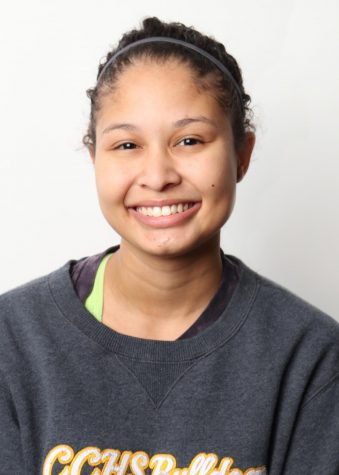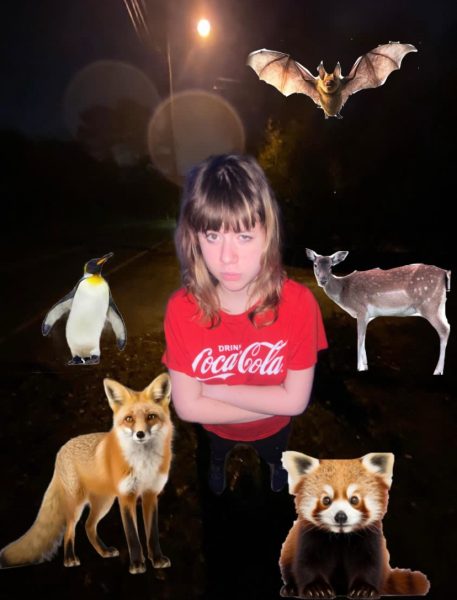Learning About Black History Doesn’t Have to Stop After February
Every year in school we learn about black history for a measly 28 days. Then, after that last day of February, we pretend like it is a crime to incorporate black history into the rest of our curriculum. I do not understand why it is so hard to insert black history into our classes, particularly our history classes.
We can continuously learn about European history throughout our entire lives, yet we cannot learn about the people who literally built this country with their bare hands.
I get that it would be hard to basically rewrite the curriculum for history and literature classes across the county, but if we truly cared about the well-rounded education of our generation, it would get done.
At the beginning of this school year we were offered a European history class — as if more white history is what we need. If we can fight for the creation of a class such as an European history class, why is it that we can not push for an African American studies class?
I think in this day and age it’s important for students of all backgrounds to have the opportunity to not only study African American history, but a variety of other cultures such as Native American and South American history. Having a deeper understanding of other cultures is how we eradicate prejudice and racism from our society.
It is time for a big change in our educational system, and I think the change we need is the eradication of the white-washed information being taught to children and young adults nationwide. You should not have to go to college to have the opportunity to learn about different countries, cultures, and history.
It is okay to incorporate other cultures into our curriculum. It is okay to talk about black history outside of the month of February.
It is not only Black History Month that needs more attention. We need to celebrate other cultural events, such as National Hispanic Heritage Month, just as much as we take time to organize activities like karaoke, bingo, and movie night for the month of February.
Expanding our curriculum culturally will open the minds of young adults across America to consider the lives of people around them and how their different cultural backgrounds can cause them to experience the same situation in two very different ways.
Your donation will support the student journalists of Chamblee High School Blue & Gold. Your contribution will allow us to print editions of our work and cover our annual website hosting costs. Currently, we are working to fund a Halloween satire edition.

Angela Witherby is a senior staff writer. When she isn't writing, she likes drawing landscapes, doing an unnecessary amount of face masks, and trying to improve her driving abilities. This is her second year on the staff.



